Nature reports
Publisher: NIOZ Royal Netherlands Institute for Sea Research
Page 4 of 5 - 43 Results
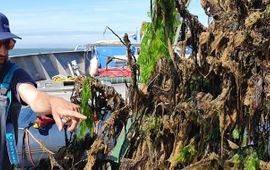
Researchers have constructed artificial reefs made of pear-trees in the subtidal Dutch Wadden Sea in a novel experiment as part of the project Wadden Mosaic. The first surveys now show that the reefs are teeming with life...
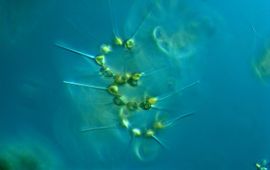
The Wadden Sea is an extremely productive ecosystem. The food web is supported by diatoms and other primary producers. By looking at nitrogen isotopes in the food chain, dr. Philip Riekenberg could determine the source of the..
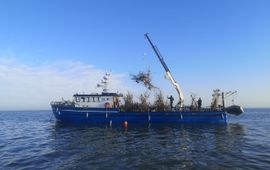
In the past century, many reefs in the Wadden Sea and North Sea have disappeared. Reefs are very important for fish because they can hide there. Therefore, we need to restore reefs, but how to do that? NIOZ is starting a study..
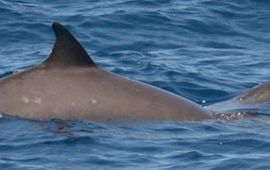
An international team of biologists has successfully used biologgers to reveal insights into the lifestyle and hunting behaviour of the little-known species Sowerby’s beaked whale. The team’s first results show that these dolphins..
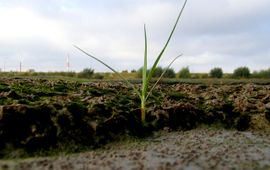
Summers are getting hotter on average, showers are becoming more intense, and sea levels are rising ever so slightly. “But it's not just the changing averages that determine whether an organism can settle somewhere or not. It's..
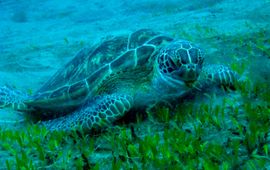
A recent study worked to quantify seagrass’ ability to minimize erosion in shallow water of Lac Bay, Bonaire. It also examined how intensive grazing can drastically affect seagrass’ ability to stabilize sediment. This research..
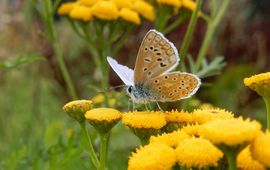
In order to increase knowledge about Dutch biodiversity, a national approach to scientific research is necessary. To make this possible Naturalis, NIOO-KNAW, NIOZ-NWO and Westerdijk Fungal Biodiversity Institute-KNAW will start..
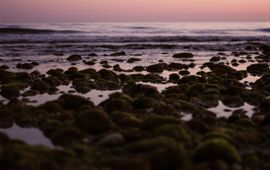
Ecosystems can suddenly collapse when the pressure becomes too high. For this reason, predicting such tipping points is very important. An international team of researchers now shows that when the recovery of salt marshes slows..
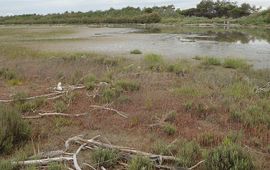
Salt marshes along the Mediterranean coast are important habitat for fish and birds and these ecosystems store CO2 and help protect coasts against increasingly stronger waves and sea level rise. However, the dominant robust..
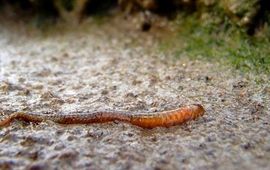
Ragworms that live in the seabed of tidal flats and marshes are opportunistic feeders and known to eat practically anything. Nevertheless, it was a big surprise to researchers when they discovered that the worms also have a much..
